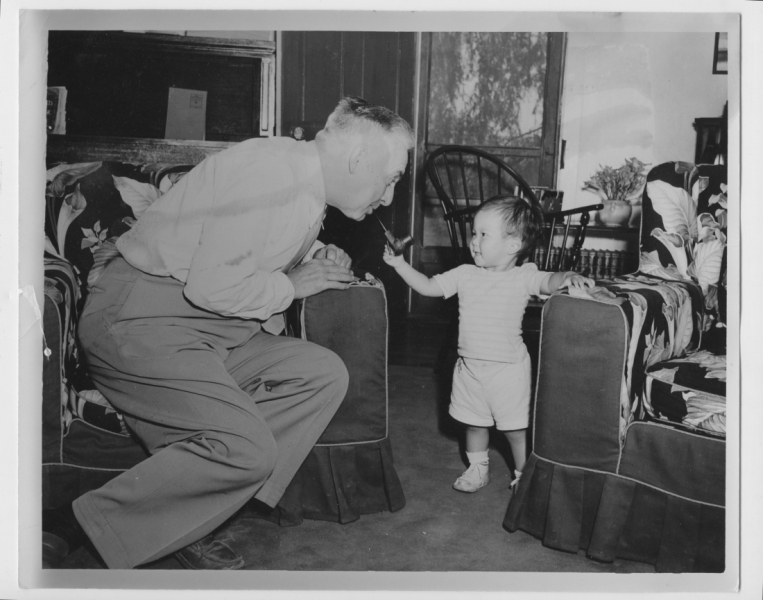Death in the Castle (25 page)
Read Death in the Castle Online
Authors: Pearl S. Buck
Buck died of lung cancer in Vermont in 1973. Though
The Good Earth
was a massive success in America, the Chinese government objected to Buck’s stark portrayal of the country’s rural poverty and, in 1972, banned Buck from returning to the country. Despite this, she is still greatly considered to have been “a friend of the Chinese people,” in the words of China’s first premier, Zhou Enlai. Her former house in Zhenjiang is now a museum in honor of her legacy.
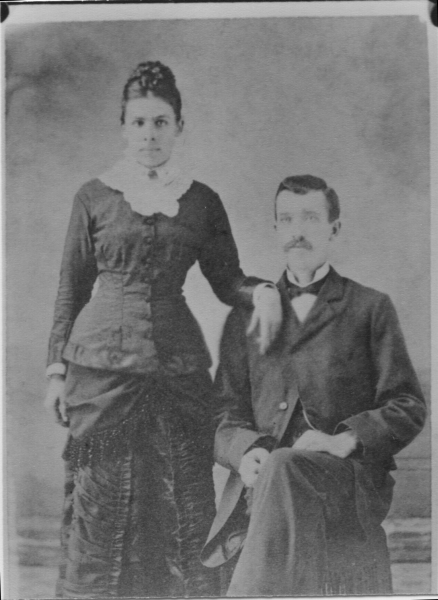
Buck’s parents, Caroline Stulting and Absalom Sydenstricker, were Southern Presbyterian missionaries.
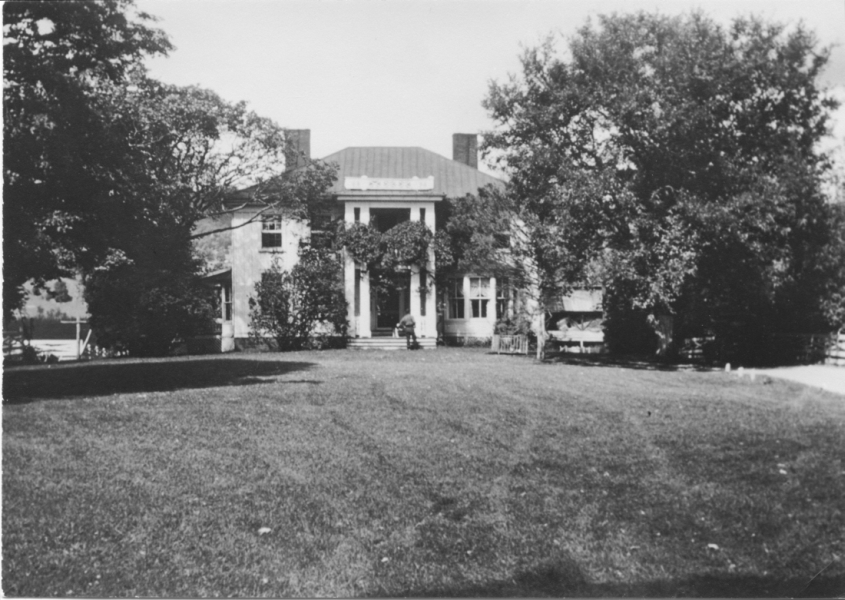
Buck was born Pearl Comfort Sydenstricker in Hillsboro, West Virginia, on June 26, 1892. This was the family’s home when she was born, though her parents returned to China with the infant Pearl three months after her birth.
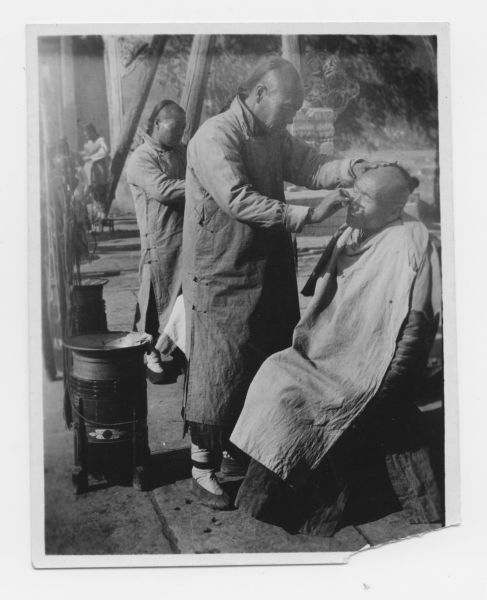
Buck lived in Zhenjiang, China, until 1911. This photograph was found in her archives with the following caption typed on the reverse: “One of the favorite locations for the street barber of China is a temple court or the open space just outside the gate. Here the swinging shop strung on a shoulder pole may be set up, and business briskly carried on. A shave costs five cents, and if you wish to have your queue combed and braided you will be out at least a dime. The implements, needless to say, are primitive. No safety razor has yet become popular in China. Old horseshoes and scrap iron form one of China’s significant importations, and these are melted up and made over into scissors and razors, and similar articles. Neither is sanitation a feature of a shave in China. But then, cleanliness is not a feature of anything in the ex-Celestial Empire.”
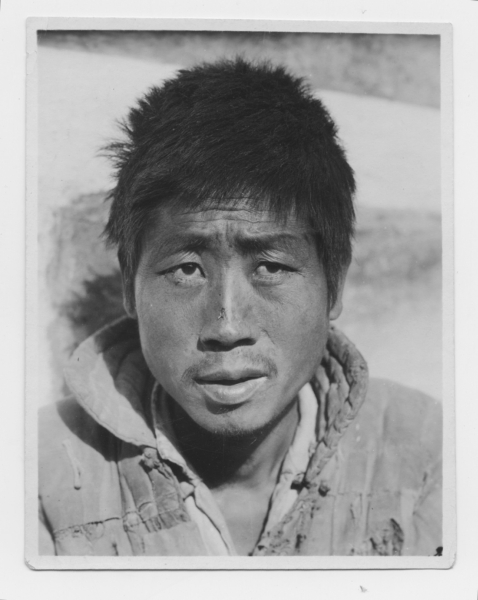
Buck’s writing was notable for its sensitivity to the rural farming class, which she came to know during her childhood in China. The following caption was found typed on the reverse of this photograph in Buck’s archive: “Chinese beggars are all ages of both sexes. They run after your rickshaw, clog your progress in front of every public place such as a temple or deserted palace or fair, and pester you for coppers with a beggar song—‘Do good, be merciful.’ It is the Chinese rather than the foreigners who support this vast horde of indigent people. The beggars have a guild and make it very unpleasant for the merchants. If a stipulated tax is not paid them by the merchant they infest his place and make business impossible. The only work beggars ever perform is marching in funeral and wedding processions. It is said that every family expects 1 or 2 of its children to contribute to support of family by begging.”
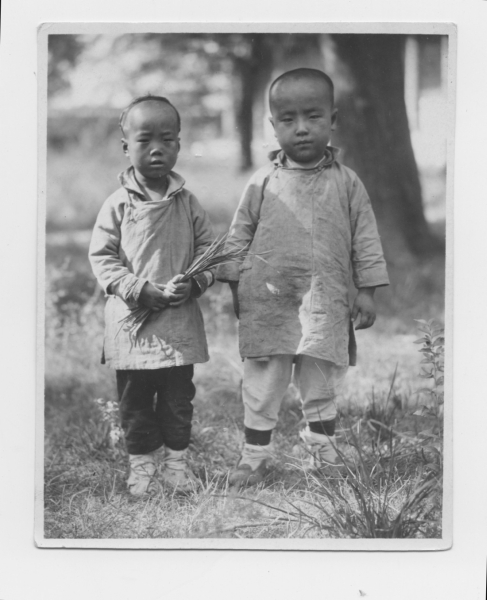
Buck worked continually on behalf of underprivileged children, especially in the country where she grew up. The following caption was found typed on the reverse of this photograph in Buck’s archive: “The children of China seem to thrive in spite of dirt and poverty, and represent nature’s careful selection in the hard race for the right to existence. They are peculiarly sturdy and alert, taken as a whole, and indicate something of the virility of a nation that has continued great for four thousand years.”
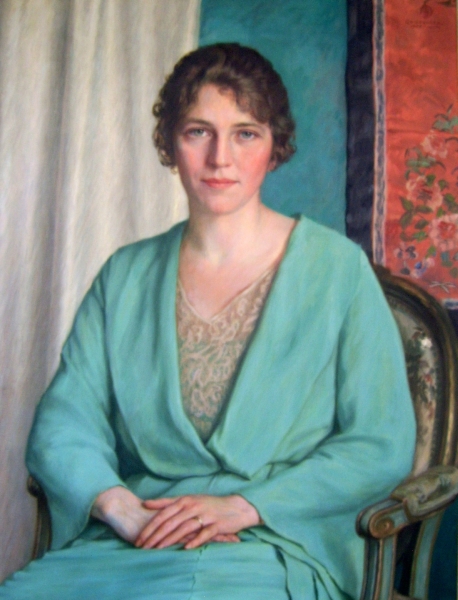
Johann Waldemar de Rehling Quistgaard painted Buck in 1933, when the writer was forty-one years old—a year after she won the Pulitzer Prize for
The Good Earth
. The portrait currently hangs at Green Hills Farm in Pennsylvania, where Buck lived from 1934 and which is today the headquarters for Pearl S. Buck International. (Image courtesy of Pearl S. Buck International,
www.pearlsbuck.org
.)
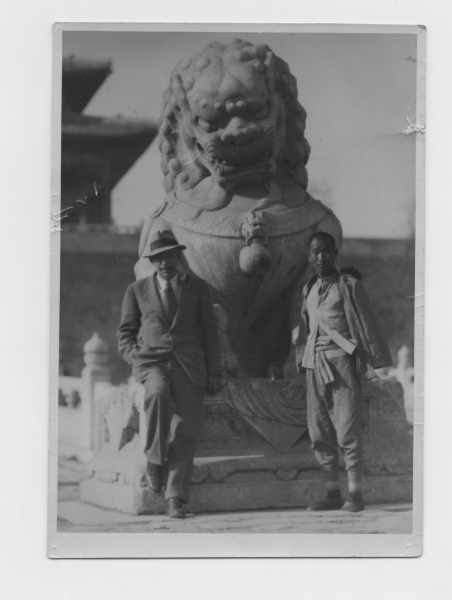
Richard J. Walsh—Buck’s publisher and second husband—pictured in China with an unidentified rickshaw man. Walsh’s tweed suit and pipe are typical of his signature daily attire.
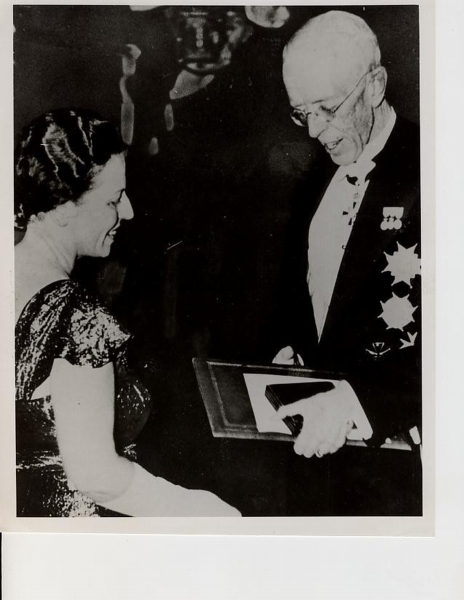
Buck receiving her Nobel Prize from the King of Sweden, Gustav V, in 1938. (Image courtesy of Pearl S. Buck International,
www.pearlsbuck.org
.)
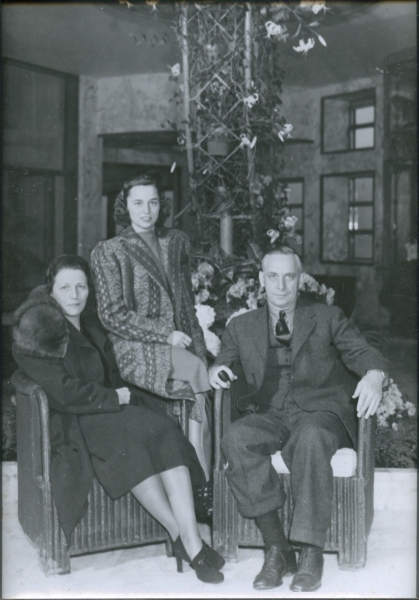
Buck and Walsh with their daughter, Elizabeth.
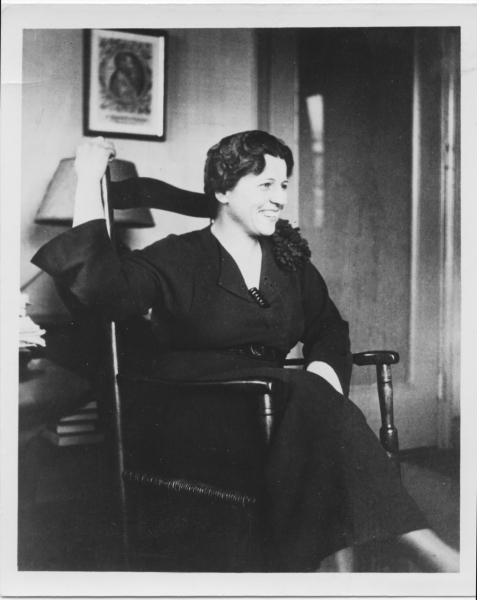
Buck in the 1930s.
